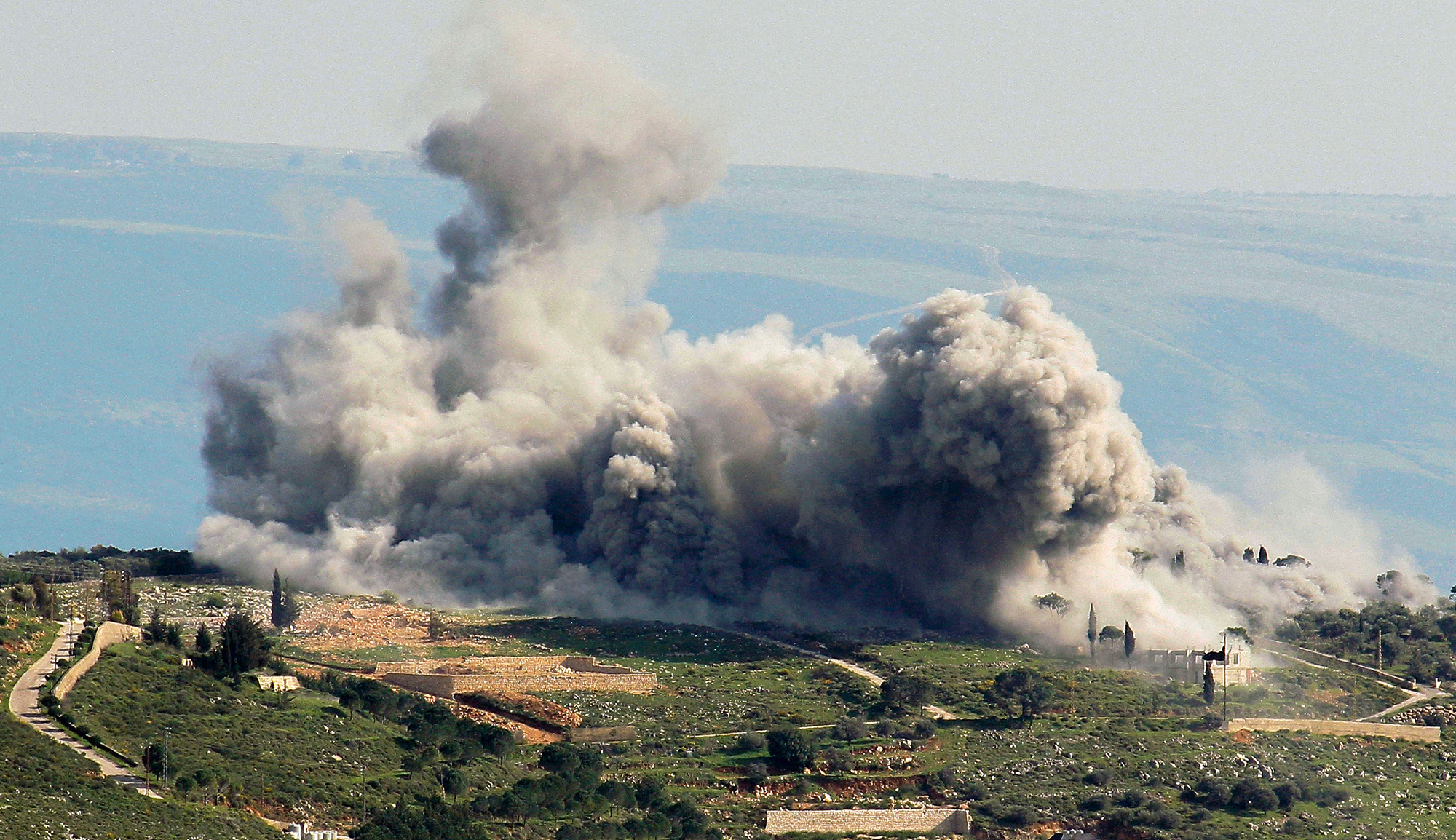Basing herself on two years spent working as a journalist in Israel, Zenobia Ravji explains the ignorance, distortion, and mendacity that characterize much reporting on the Jewish state:
[Traveling in Israel], I stumbled on a really eye-opening story—“everyday life” in the West Bank. In the U.S., I was exposed to images of violence and chaos any time the West Bank was mentioned in the news. So when I accidentally ventured into the West Bank during my travels, I had no idea I was even there. I was surrounded by tranquil scenes, modern infrastructure, and economic cooperation between Palestinians and Israelis. I guess this was too boring to make any headlines. . . .
And it wasn’t just the normalcy of life in the West Bank that went unreported. Many of the human-rights violations by the Palestinian Authority were never mentioned, such as the lack of freedom of speech and the press, and a complete neglect of the Palestinian people by their own politicians, who continue to exploit the peace process while pocketing European and American funding for a “free Palestine.” . . .
I found to my surprise that much of the foreign press was ignorant and quite lazy in its reporting. [Reporters] often had a less-than-limited understanding of the region, its history, and its politics. They tended to write stories that fit the preconceptions of their editors and producers. . . .
Over time, I came to realize that to be considered successful by the Western media, a journalist must stick to an acceptable script. In the Middle East, this means portraying Israel and the Jews as the bad guys, and the Palestinians and the Palestinian Authority as the good guys. If you don’t do this, you are professionally ostracized.
More about: Israel & Zionism, Israeli-Palestinian Conflict, Journalism, Media, West Bank


